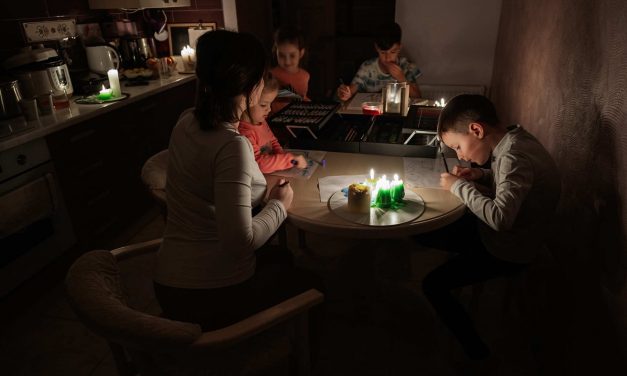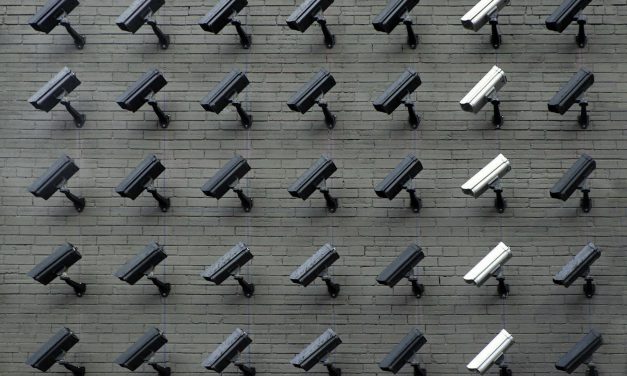Public safety blackouts surge as U.S. utilities try to avoid fires, lawsuits, and catastrophic damage
By Jay L. Zagorsky, Associate Professor Questrom School of Business, Boston University Are you prepared for when the power goes out? To prevent massive wildfires in drought-prone, high-wind areas, electrical companies have begun preemptively shutting off electricity. These planned shutdowns are called public safety power shutoffs, abbreviated to PSPS, and they are increasingly common. So far this year, we have seen them in Texas, New Mexico, and California. Unlike regular power failures, which on average last only about two hours while a piece of broken equipment is repaired, a PSPS lasts until weather conditions improve, which could be days....
Read More















